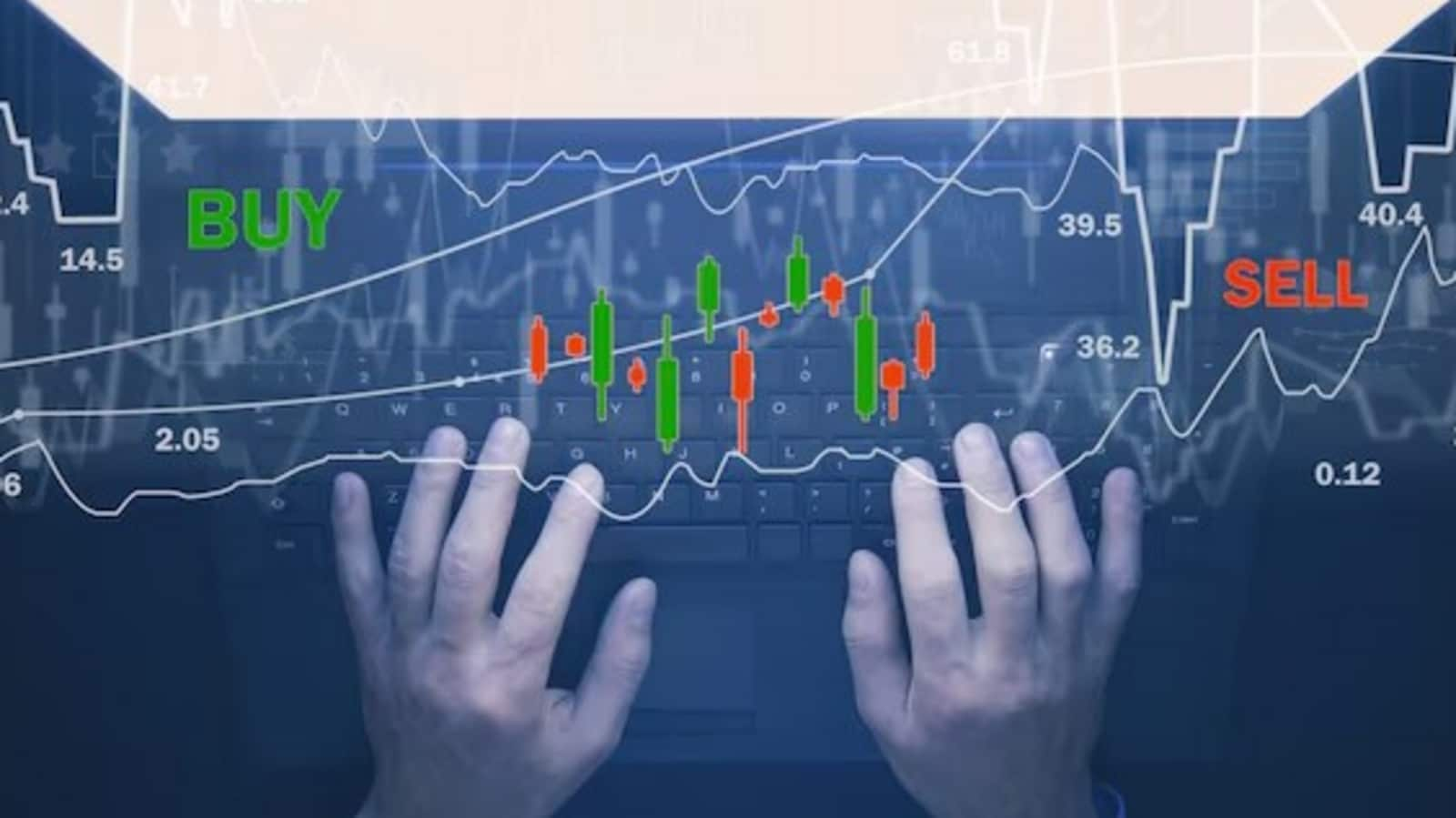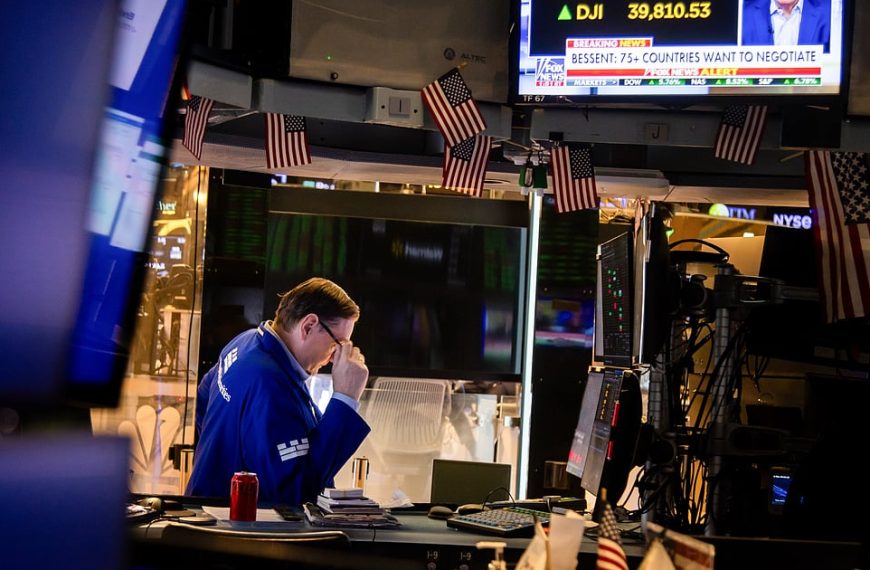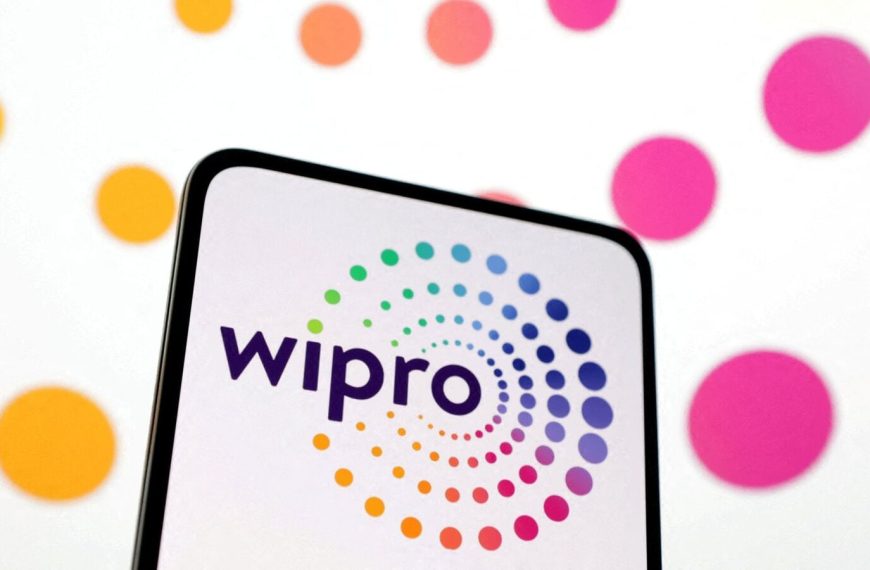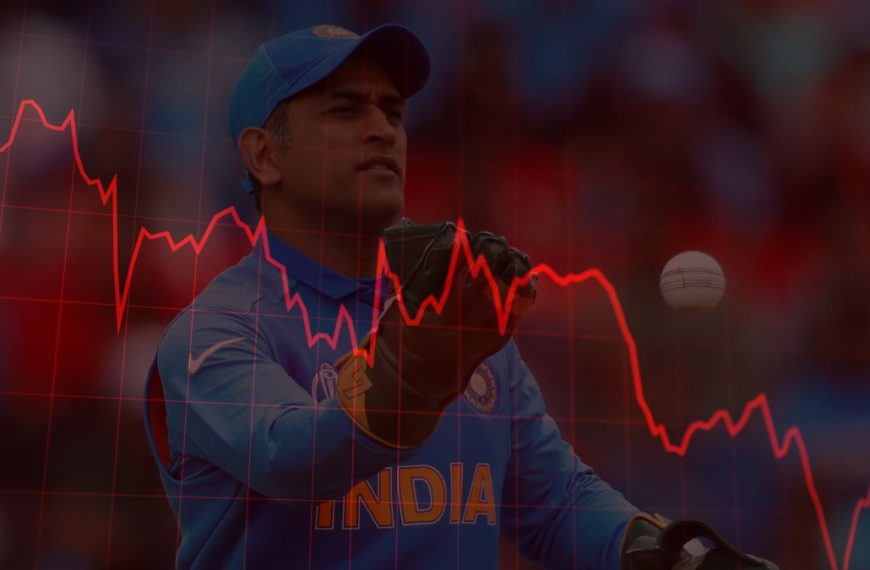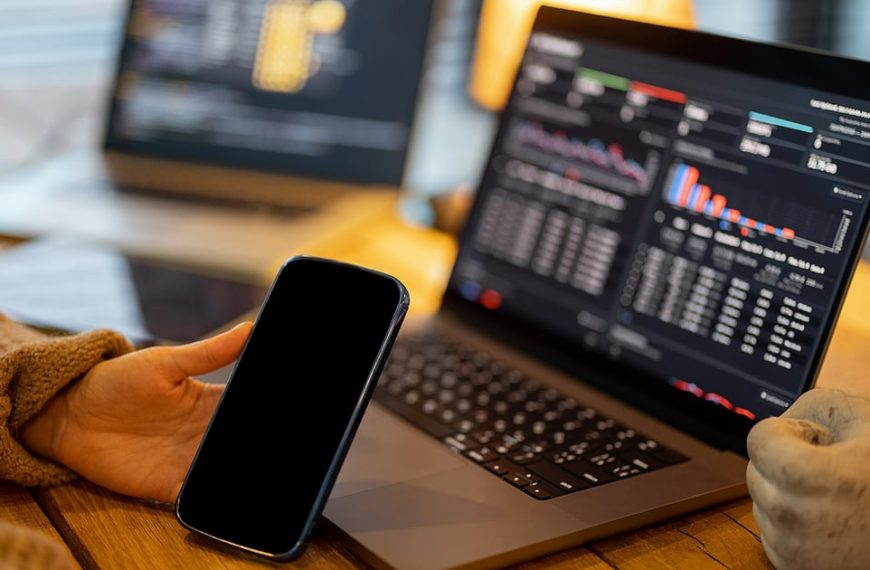Financial markets are currently experiencing significant turbulence, marked by a notable surge in volatility as investor anxiety reaches new heights. The Cboe Volatility Index, often referred to as Wall Street’s "fear gauge," has climbed to a striking 41.99, the highest level seen in eight months. This spike reflects mounting concerns surrounding the broader implications of President Donald Trump’s recent tariffs on global trade and their potential economic fallout.
Rising Volatility Across Markets
On Friday, the volatility was palpable, affecting numerous markets. The S&P 500 has dropped approximately 11% so far this year, while global stock markets, including the Nasdaq Composite, are teetering on the brink of a bear market. The situation worsened as China announced new tariffs on all U.S. goods, heightening fears of an escalating trade war.
- The Cboe Volatility Index surged by 15.54 points during the day, reaching a peak of 45.56.
- Investors are closely monitoring this gauge as a barometer of market stress.
Currency and Bond Markets Respond
In the currency arena, the euro experienced a significant 1.1% drop against the dollar, pushing one-month implied volatility to its highest level in a year at 9.68. This fluctuation has resulted from rapid developments regarding tariffs and countermeasures, creating a turbulent trading environment.
- Helen Given, director of trading at Monex USA, noted the erratic pricing in foreign exchange markets, with the dollar’s movements reflecting instability.
Meanwhile, U.S. Treasury yields have fallen, with the 10-year Treasury note hitting a six-month low of 3.86%, dipping below the critical 4% threshold. This decline is attributed to increased safe-haven buying as investors seek refuge amid recession fears and shifting expectations regarding Federal Reserve policies.
Economic Concerns and Market Sentiment
The economic implications of Trump’s tariffs are expected to be significant, with Federal Reserve Chair Jerome Powell stating that the measures are "larger than expected." He warned that higher inflation and slower growth might follow. On the same day, Trump urged the Fed to lower interest rates, deeming it the "perfect time" for such a move.
However, experts believe that volatility will persist. Kathy Jones, chief fixed income strategist at the Schwab Center for Financial Research, emphasized that the market will remain under pressure until there are tangible changes in policy or signs of genuine negotiations.
Indicators of Financial Stress
As market conditions deteriorate, key indicators reflect heightened stress levels:
- High yield corporate bond spreads surged to 401 basis points, the highest since November 2023.
- The cost of insuring U.S. government debt has risen, with spreads on six-month credit default swaps (CDS) expanding to 47.48 basis points, marking a peak not seen since mid-November.
Despite these stress indicators, there are no signs of outright panic yet. The two-year swap spreads are poised for their most substantial one-day contraction since the regional banking crisis in March 2023.
Hedge Funds and Retail Investors React
In a striking turn of events, hedge funds globally recorded the largest net sale of equities in a single day since 2010, as reported by Goldman Sachs. Portfolio managers shifted their strategies, increasing bets against stocks while reducing long positions.
Conversely, retail investors took advantage of the downturn, embracing a "buy the dip" mentality with purchases totaling $4.7 billion on Thursday, marking the highest buying spree in the past decade, according to JP Morgan.
Helen Given expressed relief at not being involved in equities during this tumultuous period, indicating the gravity of the current market situation. As volatility continues to grip the financial landscape, stakeholders will be watching closely for further developments.
By staying informed and adapting to these shifting dynamics, investors can navigate through this challenging financial climate.

